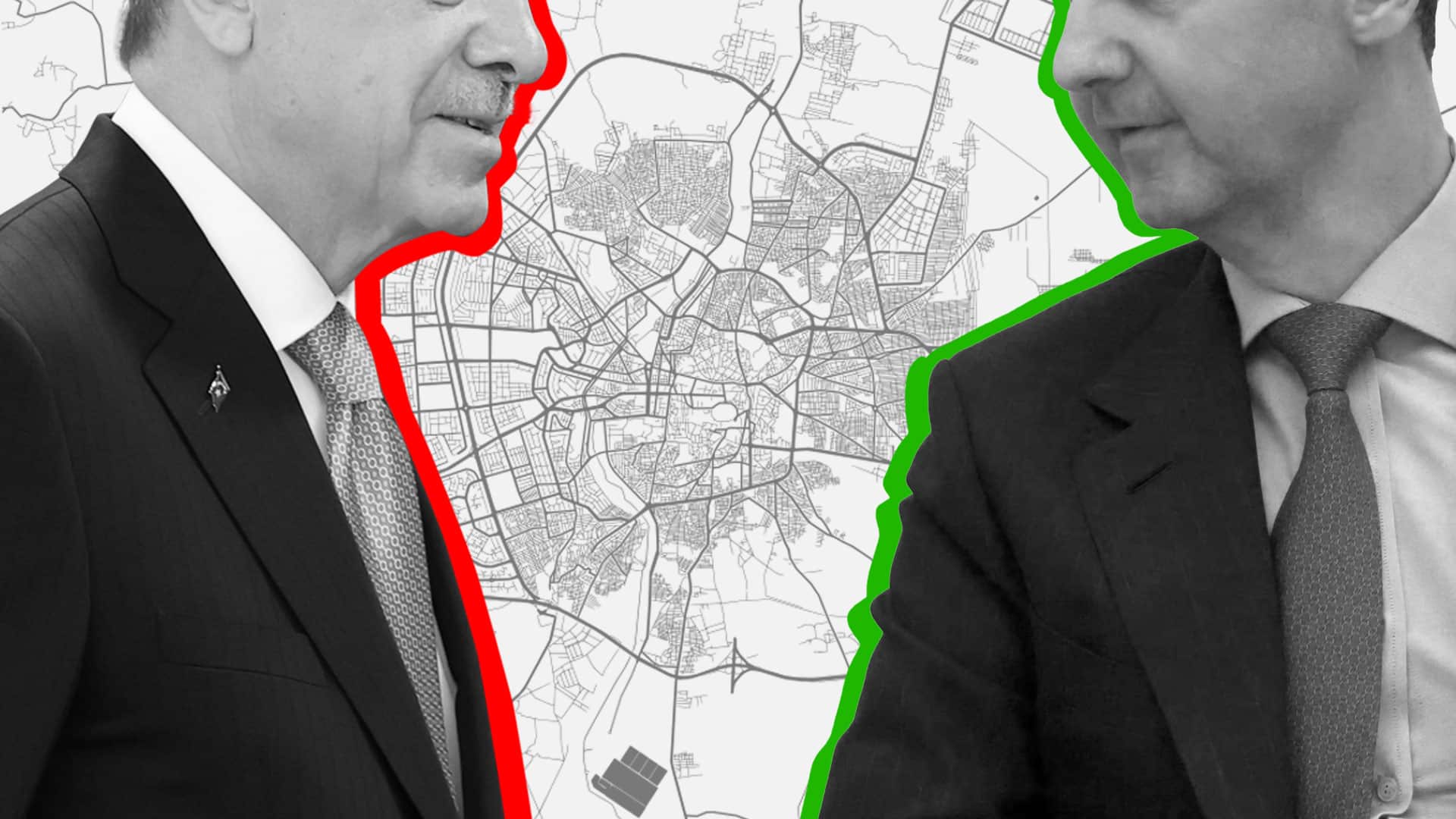While Turkey has not officially claimed involvement, the scale and success of the operation strongly suggest Ankara’s tacit approval and support. This operation offers Turkey a major victory on several fronts — if the opposition effectively consolidates its gains.
The capture of Aleppo and the opposition’s territorial advances, if sustained, will give Turkey significant leverage in shaping Syria’s future during negotiations. This dramatic shift in power dynamics effectively nullifies prior agreements between Turkey and Russia which established de-escalation zones, joint patrols, and a buffer zone around Idlib.
Paramount among Ankara’s frustrations are the stalled normalisation talks with Damascus, often initiated by Ankara, that have previously collapsed due to irreconcilable differences.
Turkey has demanded Damascus’s cooperation against the Kurdish PKK/YPG groups and sought Syrian help facilitating the return of more than 3 million Syrian refugees.
For its part, Damascus has insisted on Turkey’s full withdrawal from northern Syria and an end to its support for opposition groups. The failure to resolve these impasses now appears to have prompted Ankara to take matters into its own hands.
Syrian war games
Amid the unfolding chaos, Turkish-backed opposition groups seized the opportunity to expel Kurdish fighters from their remaining strongholds in northwestern Syria, particularly the Tal Rifaat pocket north of Aleppo, through Operation Dawn of Freedom launched on November 30.
This development marks a major military victory for Turkey, as it further restricts the operational area of Kurdish militants and strengthens Ankara’s security buffer along its southern border and areas under its de facto control in Syria.
Perhaps more significantly, gaining influence over Aleppo and its surroundings offers Turkey a key advantage in addressing the return of Syrian refugees.
In recent months, amid escalating anti-refugee rhetoric and domestic political power struggles crystallising around the Syrian presence, Turkish President Recep Erdogan has faced mounting pressure to act in that regard. With millions of Syrian refugees currently residing in Turkey — many of them originally from Aleppo — the prospect of their voluntary return to Aleppo’s familiar urban centre would be much easier achieved than attempting forced resettlement in the Turkish-controlled “safe zones” elsewhere in Syria’s northern countryside.
Moreover, the longstanding economic ties between the Alepine and Turkish business community, along with Aleppo’s historical role as an economic hub, provide a practical foundation for reintegration, making this scenario both economically feasible and socially advantageous for refugees.



